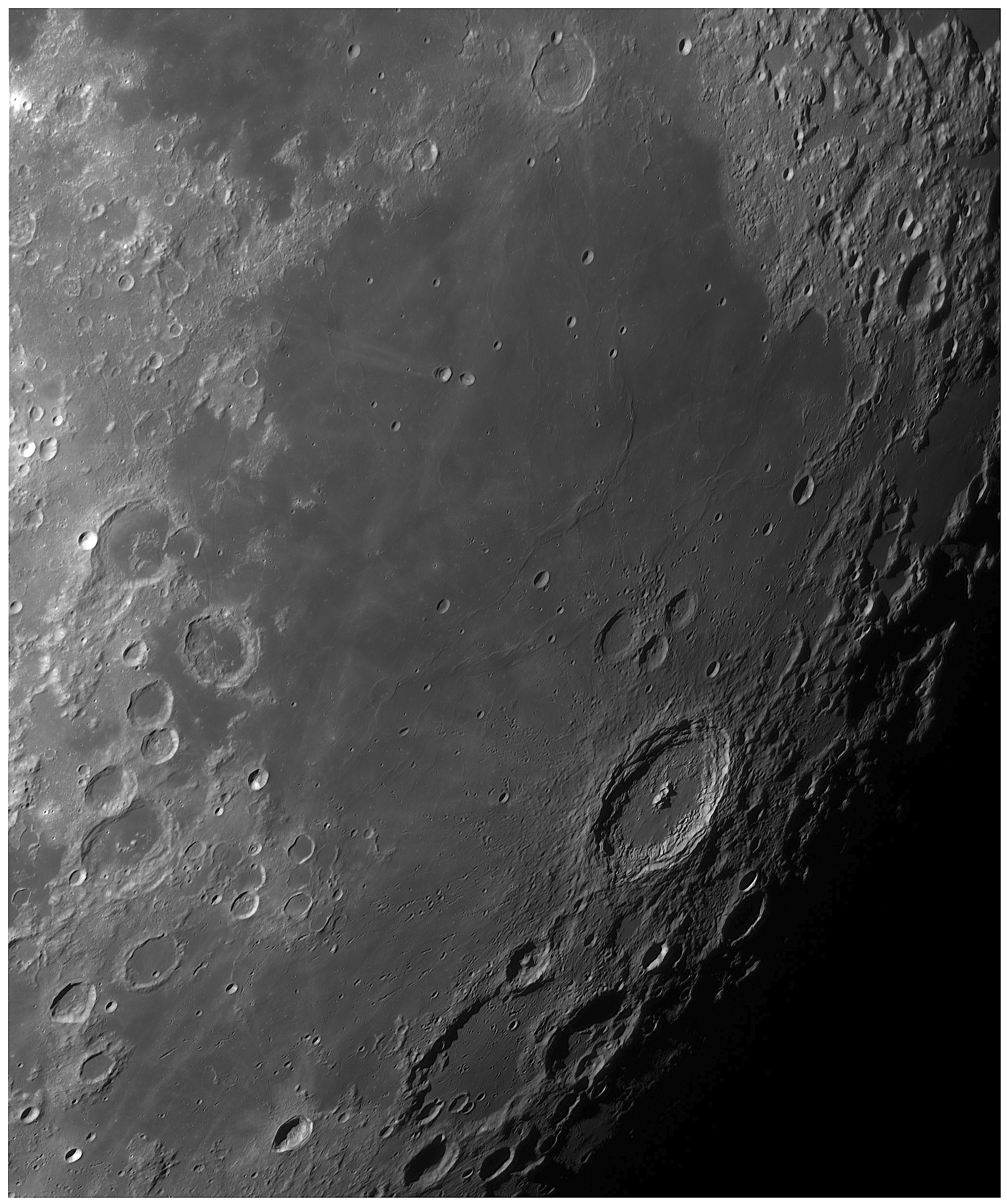Difference between revisions of "September 12, 2014"
(Created page with "__NOTOC__ =A Mare with Benefits= <!-- ws:start:WikiTextHeadingRule:0:<h1> --> <!-- ws:start:WikiTextLocalImageRule:6:<img src="/file/view/LPOD-Sep12-14.jpg/52...") |
|||
| Line 2: | Line 2: | ||
=A Mare with Benefits= | =A Mare with Benefits= | ||
| − | + | <!-- ws:start:WikiTextHeadingRule:0:<h1> --> | |
<!-- ws:start:WikiTextLocalImageRule:6:<img src="/file/view/LPOD-Sep12-14.jpg/521881020/LPOD-Sep12-14.jpg" alt="" title="" /> -->[[File:LPOD-Sep12-14.jpg|LPOD-Sep12-14.jpg]]<!-- ws:end:WikiTextLocalImageRule:6 --><br /> | <!-- ws:start:WikiTextLocalImageRule:6:<img src="/file/view/LPOD-Sep12-14.jpg/521881020/LPOD-Sep12-14.jpg" alt="" title="" /> -->[[File:LPOD-Sep12-14.jpg|LPOD-Sep12-14.jpg]]<!-- ws:end:WikiTextLocalImageRule:6 --><br /> | ||
<em>image by [mailto:claude.navarro_toulouse@orange.fr Claude Navarro], Toulouse (France)</em><br /> | <em>image by [mailto:claude.navarro_toulouse@orange.fr Claude Navarro], Toulouse (France)</em><br /> | ||
| Line 17: | Line 17: | ||
<br /> | <br /> | ||
<hr /> | <hr /> | ||
| − | |||
| − | |||
| − | |||
| − | |||
Revision as of 01:07, 3 January 2015
A Mare with Benefits

image by Claude Navarro, Toulouse (France)
Fecunditatis is a poor cousin to Crisium and Nectaris, two nearby basins with dramatic surrounding rims. Fecunditatis is definitely a mare, but the evidence that the lava fills an impact basin is weak. There is no significant rim anywhere around the mare, it is not a topographic depression, and its shape isn't even round. The strongest evidence that a basin might lurk somewhere under the lavas is the occurrence of two semi-circular mare ridges - Geikie and Andrusov-Mawson - that could conceivably mark inner basin rings. None-the-less, there are numerous intriguing features that Claude's excellent mosaic captures. Of course, the most unique feature is the Moon's most bizarre crater pair- Messier and Messier A (previously Pickering) - which are clearly depicted, including the extra lip on the west side of A. Near the western end of its train-track rays are a crater-chain rille, other short rilles, a fault, and a dark pyroclastic deposit. Nearby to the north is Taruntius, one of the few floor-fractured craters young enough to retain remnants of its crater rays. The entire mare surface is criss-crossed by rays whose originating craters are not always obvious. Just below Langrenus is a very large impact melt deposit that I don't recall ever noticing before. It fills a degraded crater that even has a designations, Langrenus P. At the bottom of the image is Petavius B, a crater whose bright rays reveal that it was formed by oblique impact with the projectile coming from the north. Look carefully around this marvelous image at secondary crater chains, a concentric crater, and another one that almost is. Happy exploring.
Chuck Wood
Technical Details
Sept/11/2014, 03H30 UT. C14 + Basler 1300 + IR pass 685. 6 videos processed with AS2! (200 images stacked from 2000, for each video), wavelets with Registax 6 and mosaïc with Photoshop.
Related Links
21st Century Atlas charts 3 and B4.



